What Can’t Dogs Eat? Here Are Some Fruits And Vegetables Dogs Can And Can’t Eat
What can't dogs eat? Have you ever been curious about the answer to this question? In this article, we will unveil the dos and don'ts of their fruity escapades and discover the pitfalls of avocados, the sweetness of apples, and the superpowers of pure pumpkin.
We'll not only guide you through the fruity landscape but also share tips on how to serve these delights safely. Join us in creating a paw-licking, healthy feast for your four-legged friend. It's time to elevate your pup's diet with a burst of fruity goodness!
What Can’t Dogs Eat? Here Are Some Fruits Dogs Can’t Eat
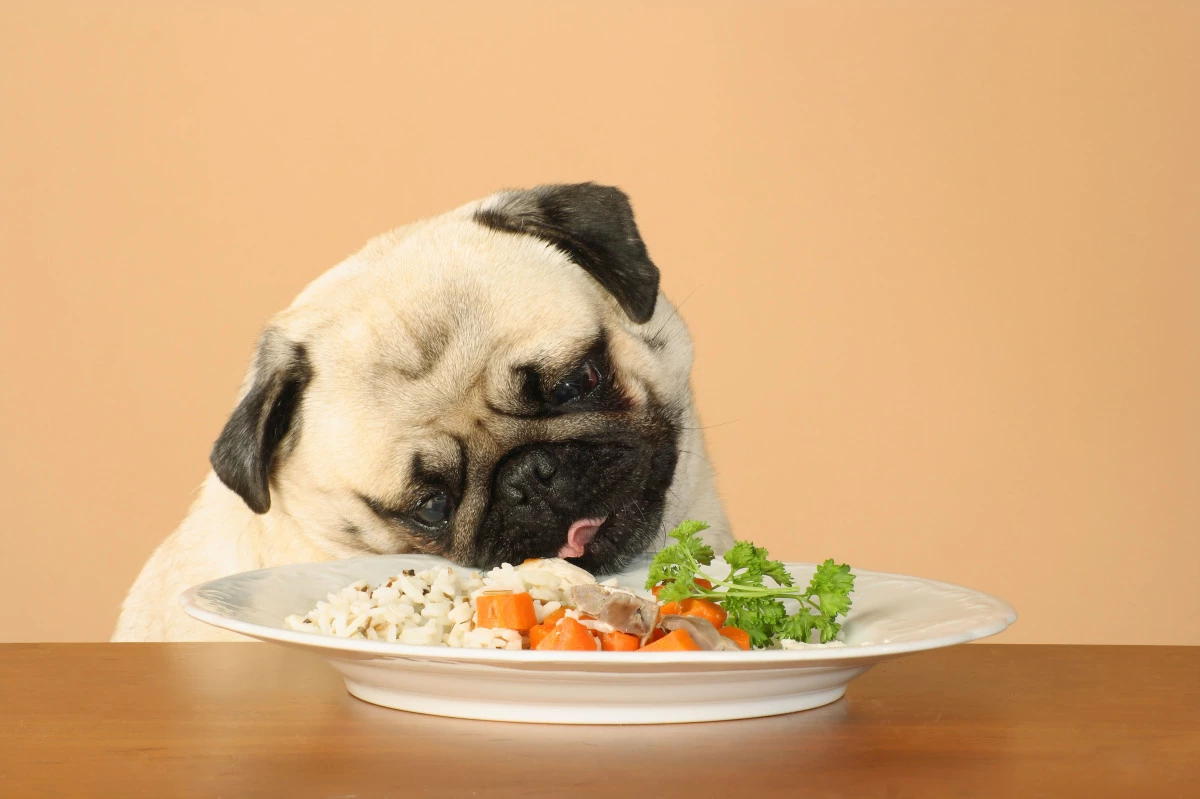 Source: Google
Source: Google
Avocado
As much as we love our avocados, they're a no-go for our furry pals. While the creamy green goodness might make for a healthy human snack, dogs should steer clear.
Avocado plants contain a substance called persin, found in the pit, skin, and leaves, which can lead to stomach upset, vomiting, and diarrhea in our canine companions. Even the fleshy part of the fruit, though less potent, can be too much for them to handle.
And here's the skinny: the high-fat content in avocado flesh could potentially lead to upset tummies or even contribute to conditions like pancreatitis in dogs. But don't worry, your pup can still enjoy the benefits of avocado—just opt for dog treats with avocado specifically designed for their skin and coat!
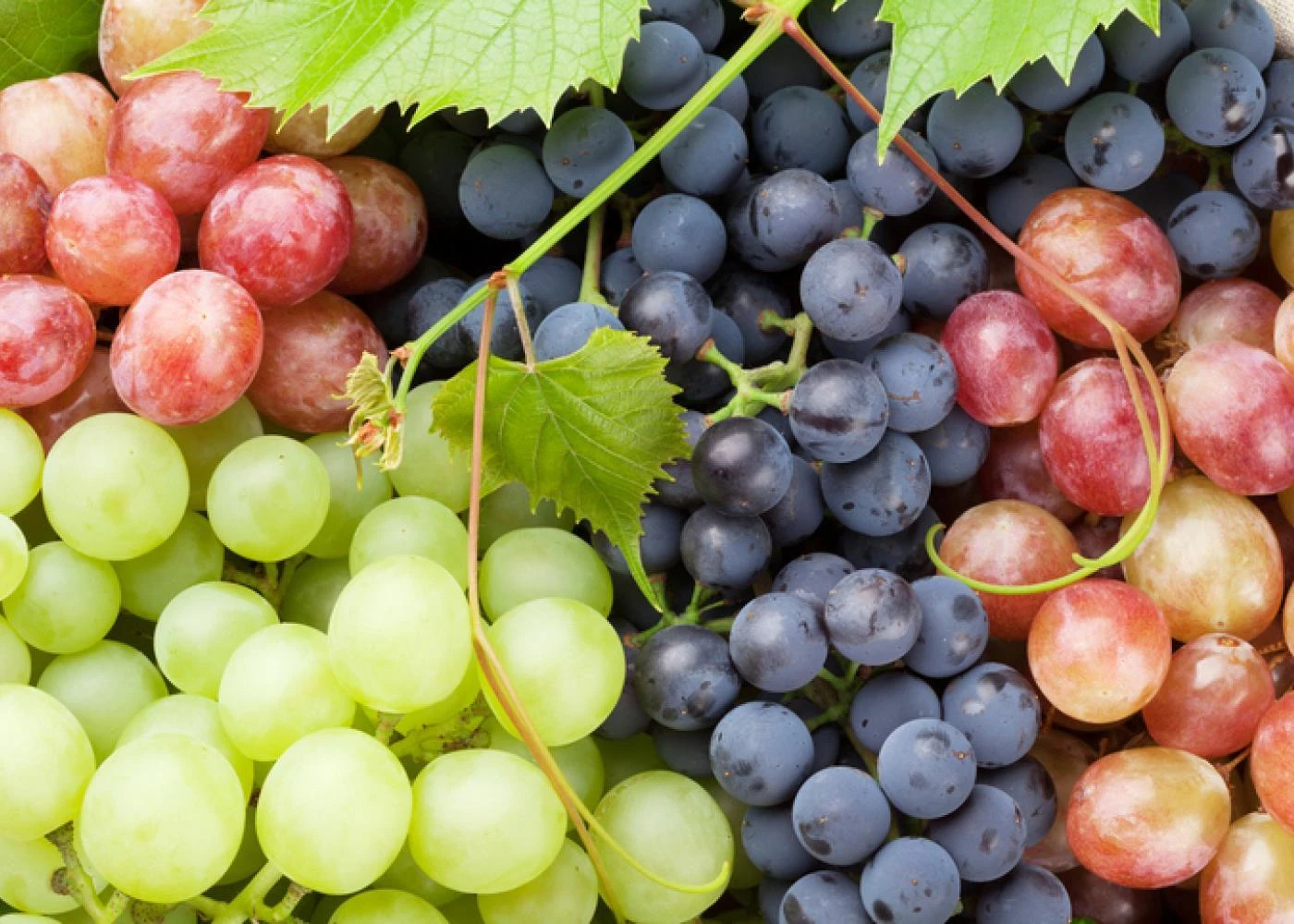 Source: Google
Source: Google
Grapes
Grapes and raisins might be a tasty snack for us, but for our furry friends, they spell danger. These seemingly harmless treats have been shown to be extremely toxic to dogs, causing acute sudden kidney failure, regardless of the dog's breed, age, or gender.
It's a good rule of thumb to keep grapes out of reach, especially if you have kids enjoying them in the house. When you dispose of grapes or raisins, make sure your pup can't access them by using a dog-proof trash can or placing it in an area beyond their reach.
If you suspect your dog has indulged in these fruity hazards, don't hesitate—call your vet pronto!
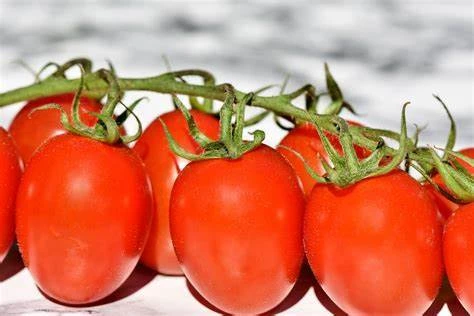 Source: Google
Source: Google
Tomatoes
When it comes to tomatoes and our canine companions, it's a bit of a mixed bag. The juicy, red part of the tomato is usually safe for dogs, but the green bits can pack a toxic punch with a substance called solanine.
While your pup would need a hefty helping of tomato plants to feel unwell, it's safer to keep tomatoes off their menu altogether.
If your furry friend loves the taste of ripe tomatoes, you can find dog-friendly treats that capture the antioxidant-rich goodness without the risky business of the green parts. And if you have a veggie garden, make sure your pup's adventures are tomato-free!
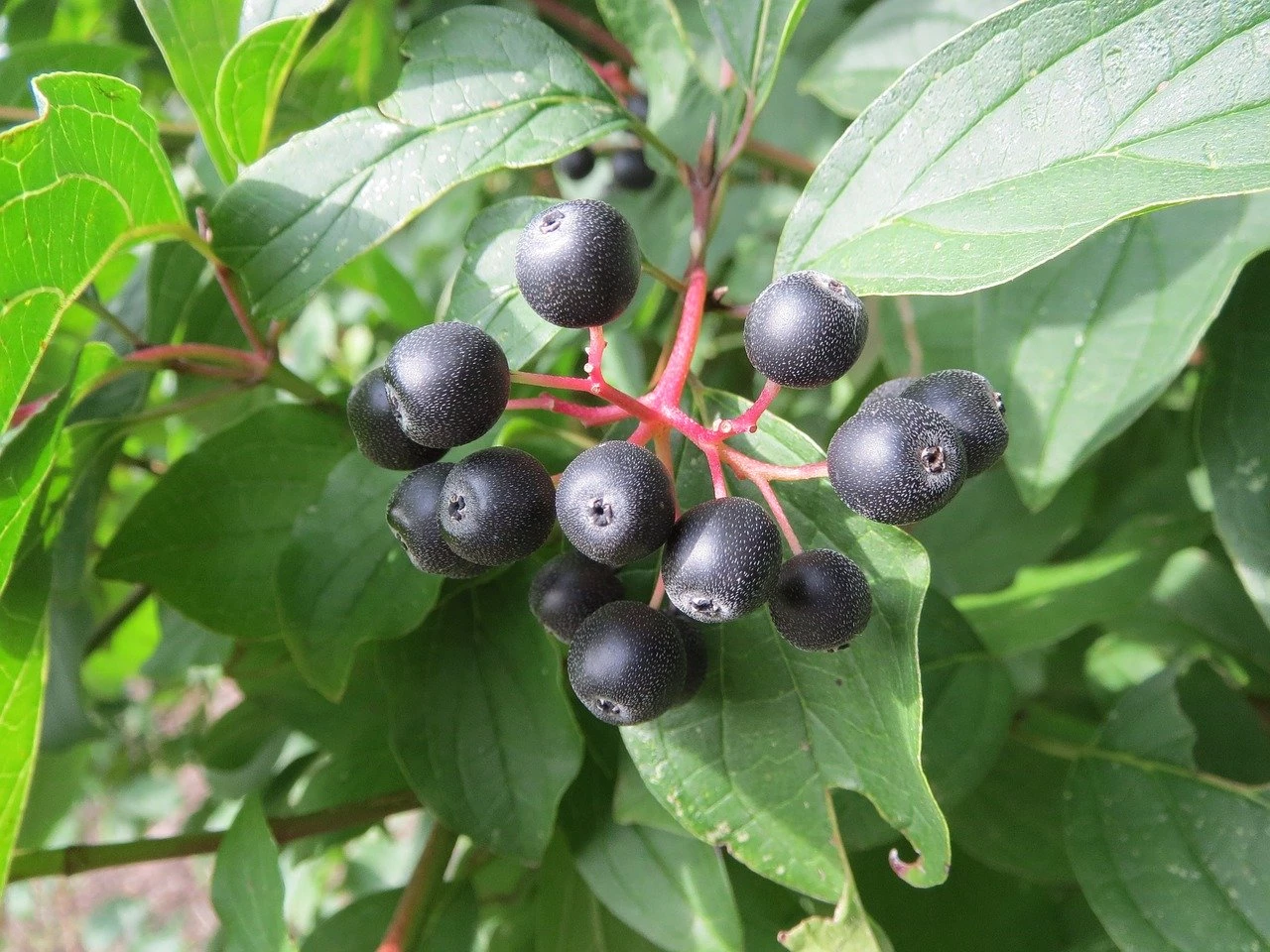 Source: Google
Source: Google
Hedgerow berries
Berries can be a delightful treat for your furry friend, but not all berries are created equal when it comes to canine consumption. While strawberries and blueberries are not only safe but also packed with benefits for dogs, some wild-growing berries should be off-limits.
Stay clear of juniper, holly, elderberries, and rowan, as they can be harmful or downright poisonous to our four-legged pals. Stick to the doggie-approved berry options and keep those hedgerow varieties out of reach!
Dates
Dates might seem like a sweet idea for your pup, but it's best to resist the temptation. While dates themselves are not toxic to dogs, the pits can pose a serious risk of bowel obstruction if ingested. Additionally, dates are high in sugar and dietary fiber, so indulging in more than a few can lead to an upset stomach and diarrhea for your furry friend.
What Can’t Dogs Eat? What Vegetables Can't Dogs Eat?
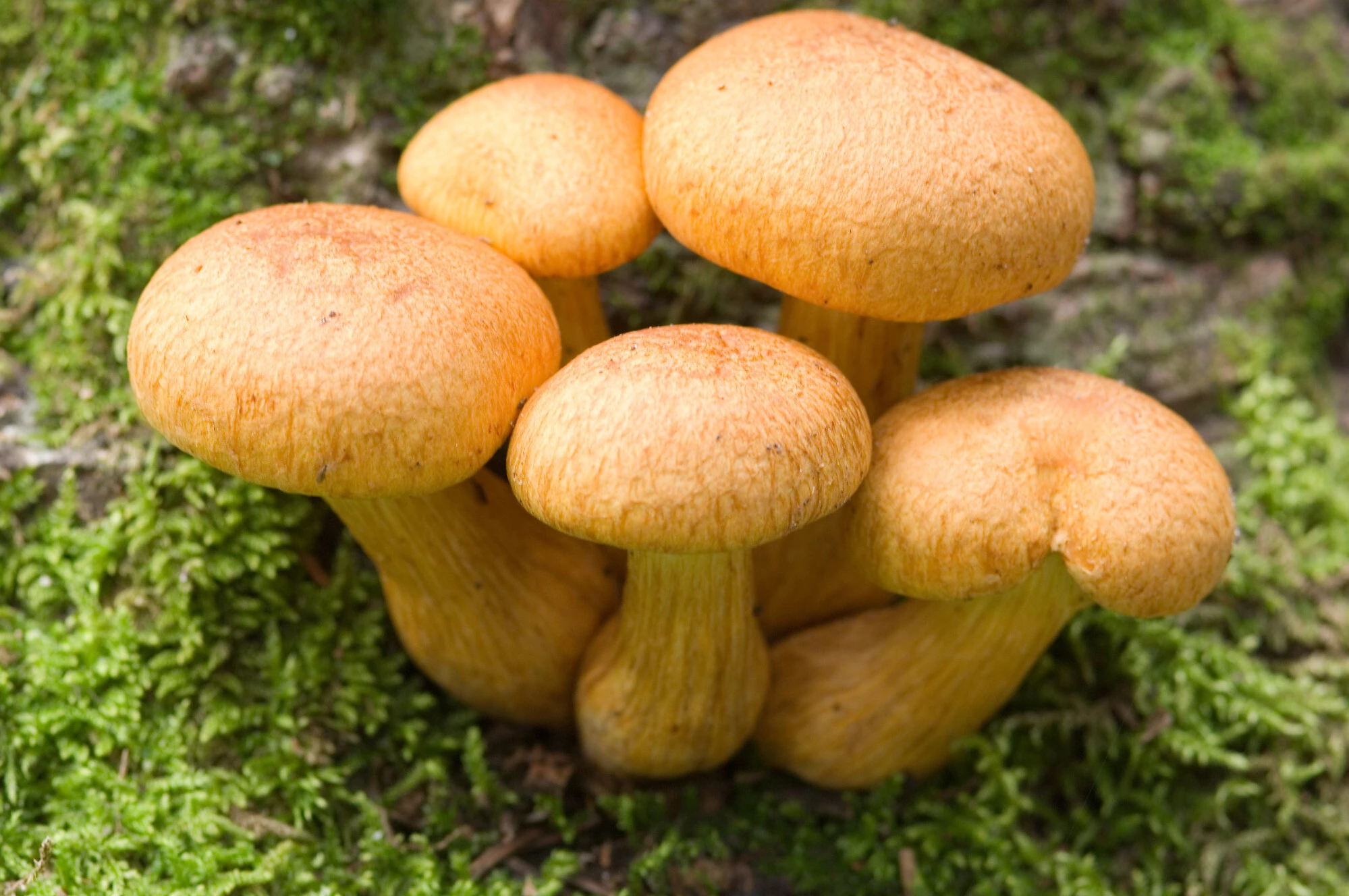 Source: Google
Source: Google
Mushrooms
Mushrooms might seem like a fun guy to include in your dog's diet, but caution is key. Wild mushrooms can be downright toxic for dogs, and with around 50,000 mushroom species worldwide, it's a tricky game to know which ones are harmful. To keep your furry friend safe, it's a strict no to wild mushrooms.
However, if you're dealing with the store-bought, human-grade variety, especially when they're washed and prepped for our plates, they're generally okay for your dog to nibble on. Always err on the side of caution and stick to pup-approved treats to avoid any potential fungi-related troubles.
Onions
Onions might add flavor to our meals, but they spell trouble for our canine companions. The Allium family, which includes onions, leeks, and chives, is a no-go for most pets, with cats being particularly vulnerable.
If you suspect your dog has had a run-in with onions, it's vet-calling time. Onions can wreak havoc by causing red blood cells to rupture, leading to a host of unpleasant symptoms like vomiting, diarrhea, stomach pain, and nausea.
Breeds like Akitas and Shiba Inus are especially at risk, but it's a serious matter for all dogs. Keep a close eye on family meals, and make sure those onion-laden leftovers are out of your dog's curious reach.
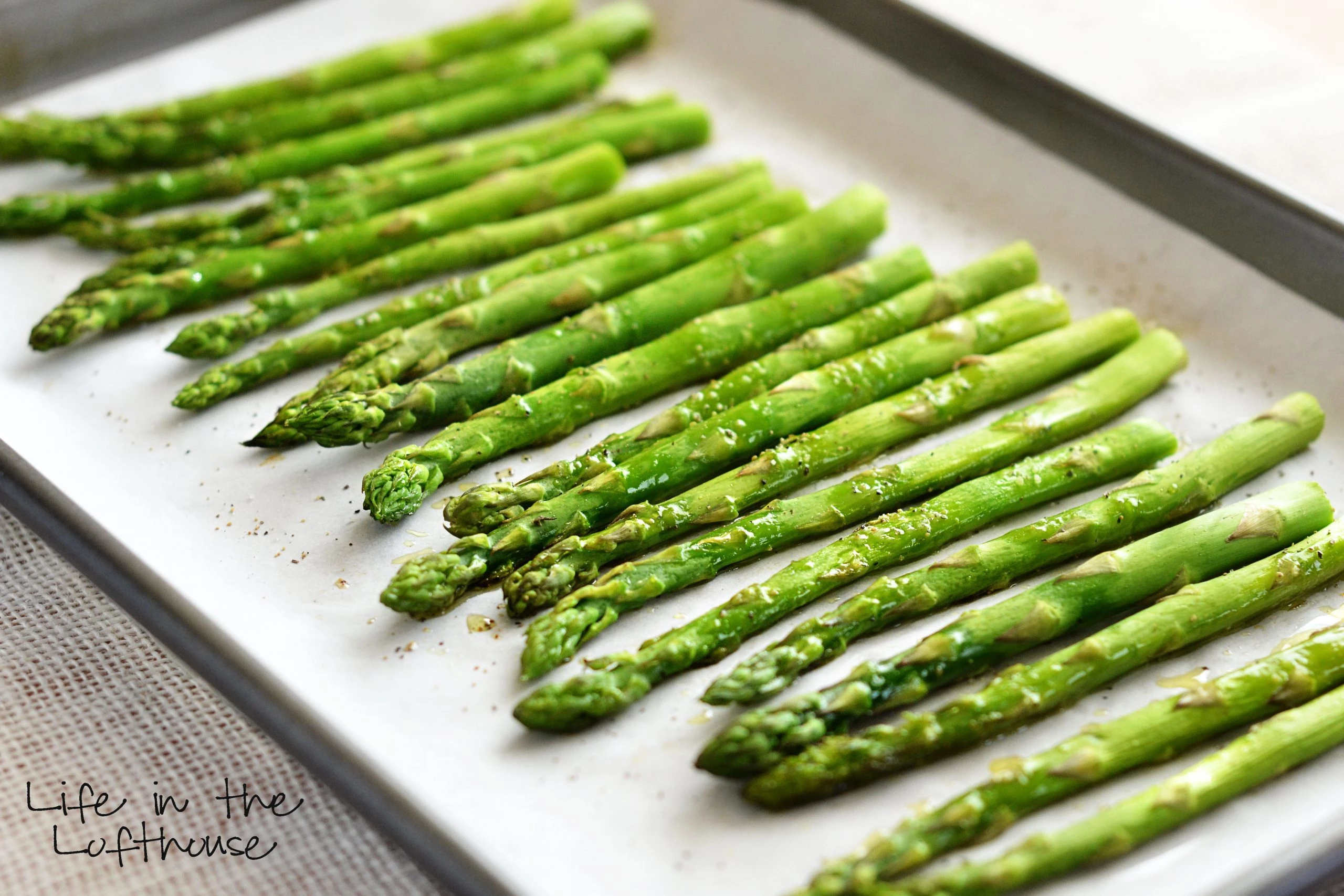 Source: Google
Source: Google
Asparagus
Asparagus might be a delightful addition to our plates, but it's not exactly a canine culinary hit. While it won't harm your dog, there's not much nutritional value left for them by the time it's cooked to a soft consistency.
Raw, it's too tough for doggy chompers. If you're keen on sharing some veggies with your furry friend, there are better options out there. However, if your dog has a peculiar love for asparagus, indulging them won't cause any harm.Just remember to keep it in moderation and explore other dog-friendly veggies for a more nutritious treat.
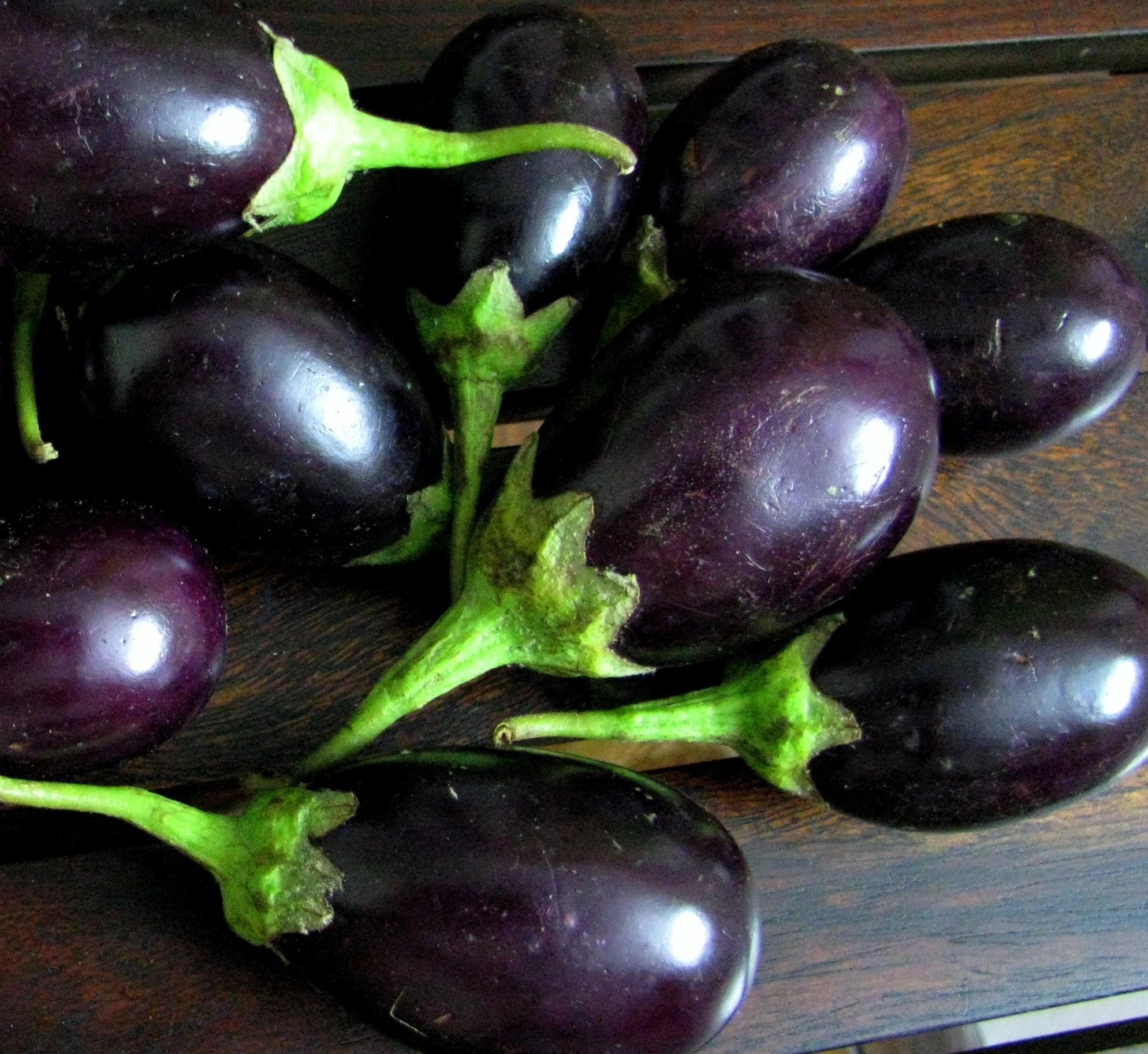 Source: Google
Source: Google
Eggplant
Eggplant is another member of the nightshade family and is linked to allergic reactions in some dogs. Be sure to start with a small quantity of cooked eggplant, to see if your dog tolerates this veggie or not.
CornCorn itself isn’t harmful to dogs but it also doesn’t offer much nutritional value for them. If you decide to give your dog corn, offer it in small quantities. Never give your pet corn cobs as they can cause a life-threatening intestinal blockage if swallowed.
So What Fruits And Vegetables Can Dogs Eat? Here Are The Best Choices
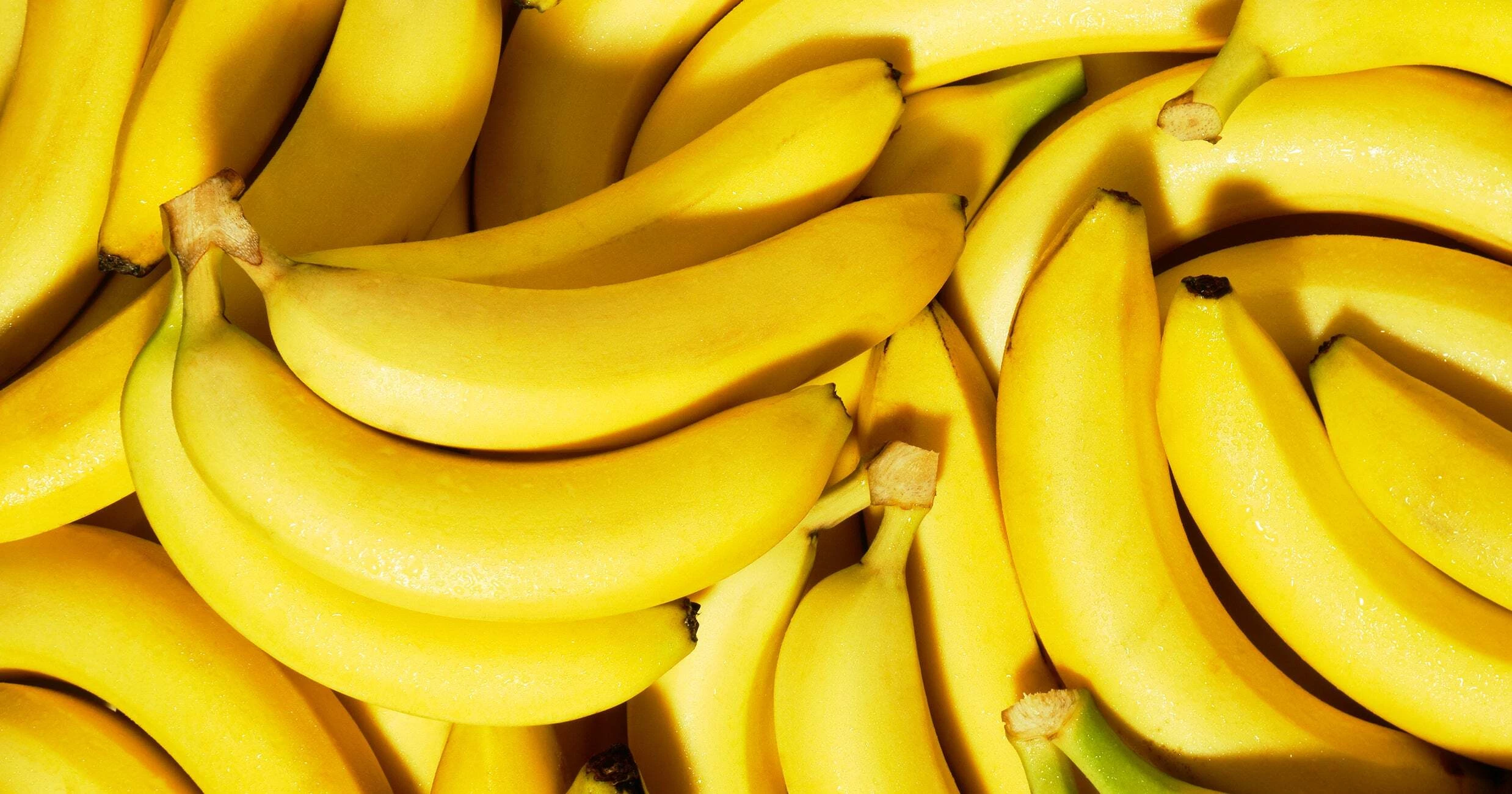 Source: Google
Source: Google
Banana
Bananas can be a fantastic, healthy treat for your furry friend, as they are rich in potassium, vitamins, biotin, fiber, and copper. These yellow delights are low in cholesterol and sodium, making them a nutritious option.
However, it's important to keep their sugar content in mind. While bananas offer great health benefits, they should be given in moderation and treated as a special snack rather than a regular part of your dog's diet. If you're looking for a convenient option, you can even explore banana-flavored dog treats that stay fresh for longer.
Apple
Apples are like nature's chewy vitamins for your dog! Packed with vitamins A and C, plus some fiber, they make for a healthy and tasty treat. Apples are the perfect choice if your furry friend is a bit older and needs a snack that's light on protein and fat.
Remember to take out the seeds and core before sharing. You can even serve them frozen on a hot day for a refreshing twist. And if you're feeling fancy, there are apple-flavored dog treats that your pup might find irresistible!
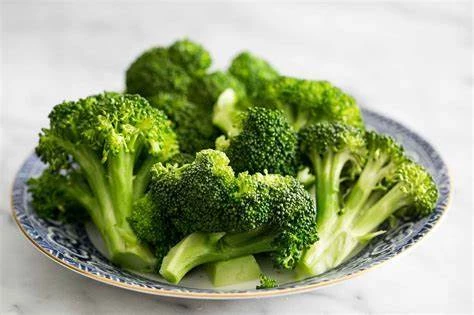 Source: Google
Source: Google
Broccoli
Broccoli can be a green delight for your furry friend, but like any good thing, it's best enjoyed in moderation. Packed with fiber and vitamin C, it makes for a healthy treat. However, those little green florets contain isothiocyanates, which can upset some doggy stomachs.
Additionally, the tough stalks might pose a choking hazard or get stuck in their throats. To play it safe, consider offering your pup some cooked broccoli, ensuring a smoother culinary experience.
Carrots
Carrots aren't just for Bugs Bunny; they're a crunchy, munchy delight for your furry pal too! These orange wonders are not only low in calories but also pack a punch of fiber and beta-carotene, the magic behind vitamin A production.
And here's a bonus – chomping down on carrots is like a mini dental workout for your dog, keeping those pearly whites in top-notch shape. If your pup's a fan, you'll find carrots making an appearance in many dog foods and a plethora of carrot-flavored dog treats. Healthy and tasty? That's a win-win!
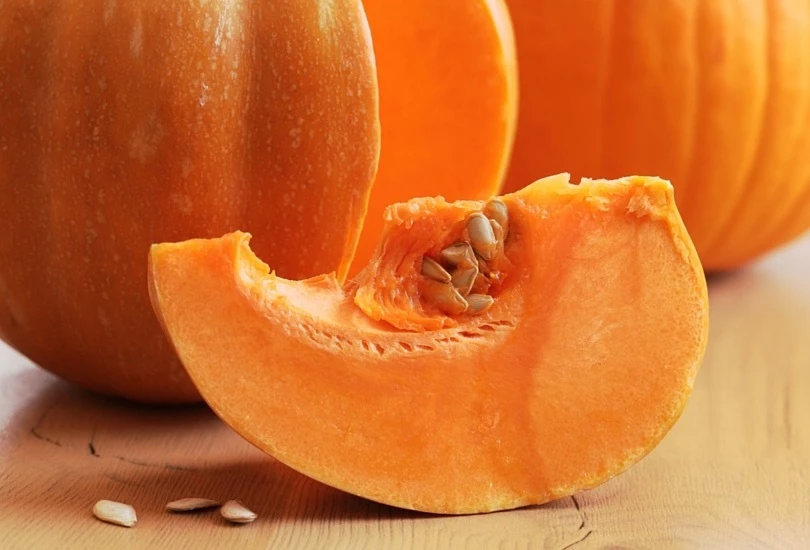 Source: Google
Source: Google
Pure Pumpkin
Pure pumpkin is like a superhero for your dog's tummy. Packed with antioxidants, it holds the magical ability to tackle both diarrhea and constipation in dogs. When picking canned pumpkin, make sure it's 100% pumpkin puree, or you can get hands-on and roast some pumpkin in the oven, offering the peeled flesh to your furry friend.
Watermelon
Dogs can indulge in the refreshing sweetness of watermelon! Just remember to play chef and remove the rind and seeds before serving. The juicy watermelon flesh is a safe and tasty treat for dogs, boasting a healthy dose of vitamins A, B-6, and C, plus potassium.
With its 92 percent water content, watermelon becomes a fantastic hydrating option to keep your furry friend cool during those scorching summer days. For an extra treat, freeze some chunks of seedless watermelon—a delightful, icy surprise for your pup's taste buds!
What Can’t Dogs Eat? Tips To How To Serve Fruits And Vegetables For Dogs
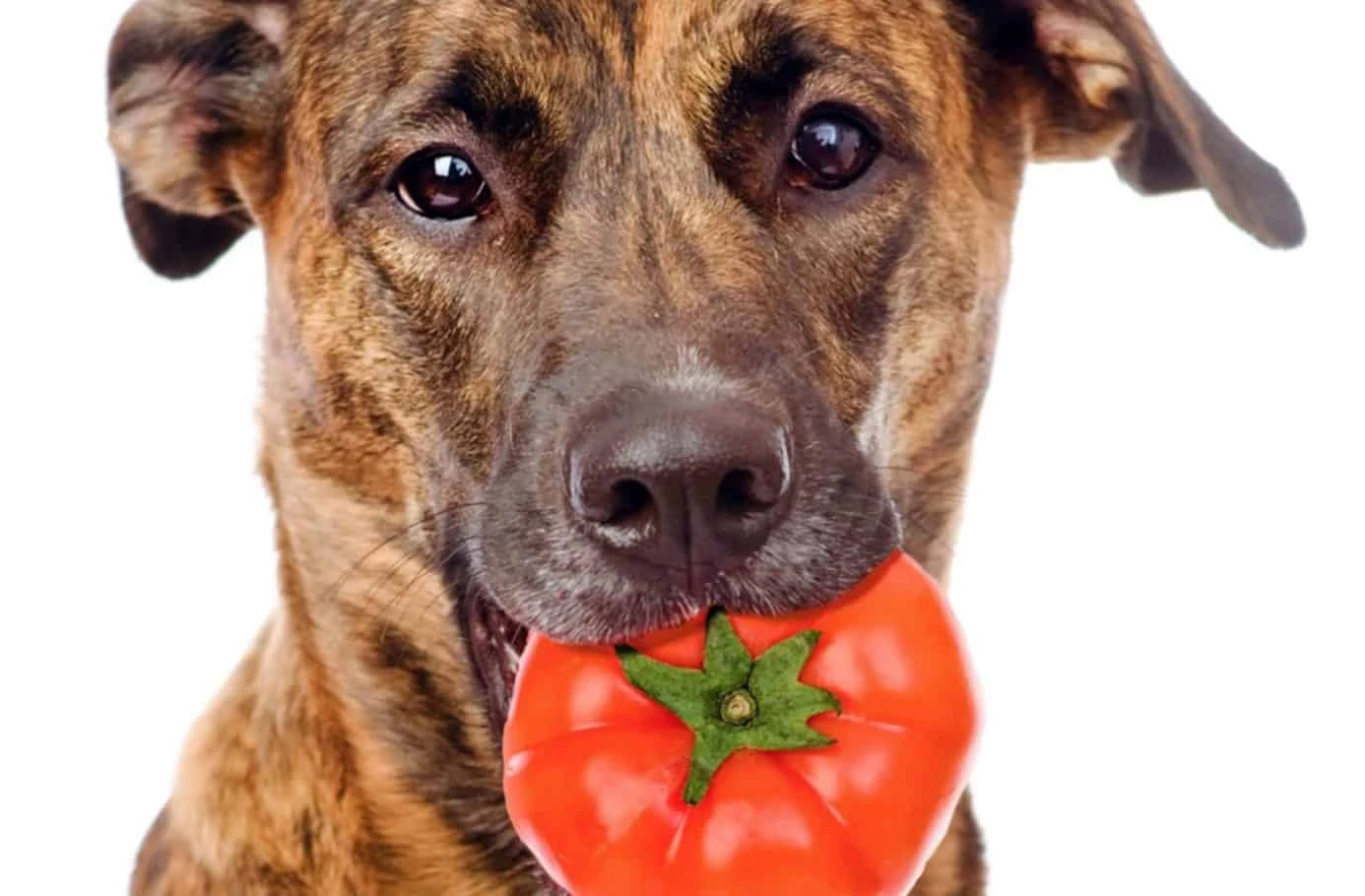 Source: Google
Source: Google
Boosting your pup's diet with a burst of fruity goodness can be a game-changer, but there are some ground rules.
Slow and steady wins the race—introduce fruits gradually to avoid any tummy turmoil. Even the safest fruits should start in small portions, letting your furry friend savor the new flavors without digestive drama.
Remember, moderation is key; while fruits pack a nutritional punch, too much of a good thing can tip the scales in the wrong direction, especially with high-sugar options like bananas and strawberries.
A little prep work is essential—wash thoroughly, remove peels, seeds, and pits, and chop into bite-sized bits for easy doggy consumption.
Keep an eye out for any lurking mold, as spoiled fruits are a no-go for both humans and their four-legged friends. If in doubt, consult your trusty vet to ensure your pup's fruit feast is both delicious and safe.
What Can’t Dogs Eat? - Conclusion
 Source: Google
Source: Google
Now, we have the answer to the question “What can’t dogs eat?”. Remember, not all fruits and veggies make the cut. However, fear not! With bananas in moderation, apple delights, and the superpower of pure pumpkin, your pup can enjoy a fruity fiesta. Just remember the golden rule—moderation. So, embark on this flavorful adventure, chop, prep, and let your doggy indulge sensibly. After all, a balanced fruity treat is the key to tail-wagging happiness.
Related Articles
- Gorilla Tries To Run Into Cold Water, Regrets It, And Then Acts Cool As If Nothing Bad Happened
- The Heartwarming Tale Of Gentle Outcast Cat's Journey From The Streets To Loving Home In NYC
- Cat Left Behind In Apartment When His Family Moved Is Happy When Finally Adopted After 5 Months Of Waiting
- Man Out Paddle Boarding Suddenly Realizes He Has Chance Encounter With A Very Curious Manatee
- Woman Finds Flowers All Over Bedroom Every Day - Then Relizes They Were Left By A Secret Admirer
- This Man Stops To Rescue 'Angry' Animal In The Road—And Ends Up Making A Friend
- Photographer Spots A Haunting Face Pleading For Help On Beach
- Shoppers Are Completely Stunned As They Spot A Face Pleading For Help At Store’s Glass Door
- Couple Adopts Bulldog Who Looks Similar To Their Pet and Gets A Big Surprise
- Man Sets Up Owl Nesting Box, Then Surprisingly Discovers Fluffy Visitor Inside